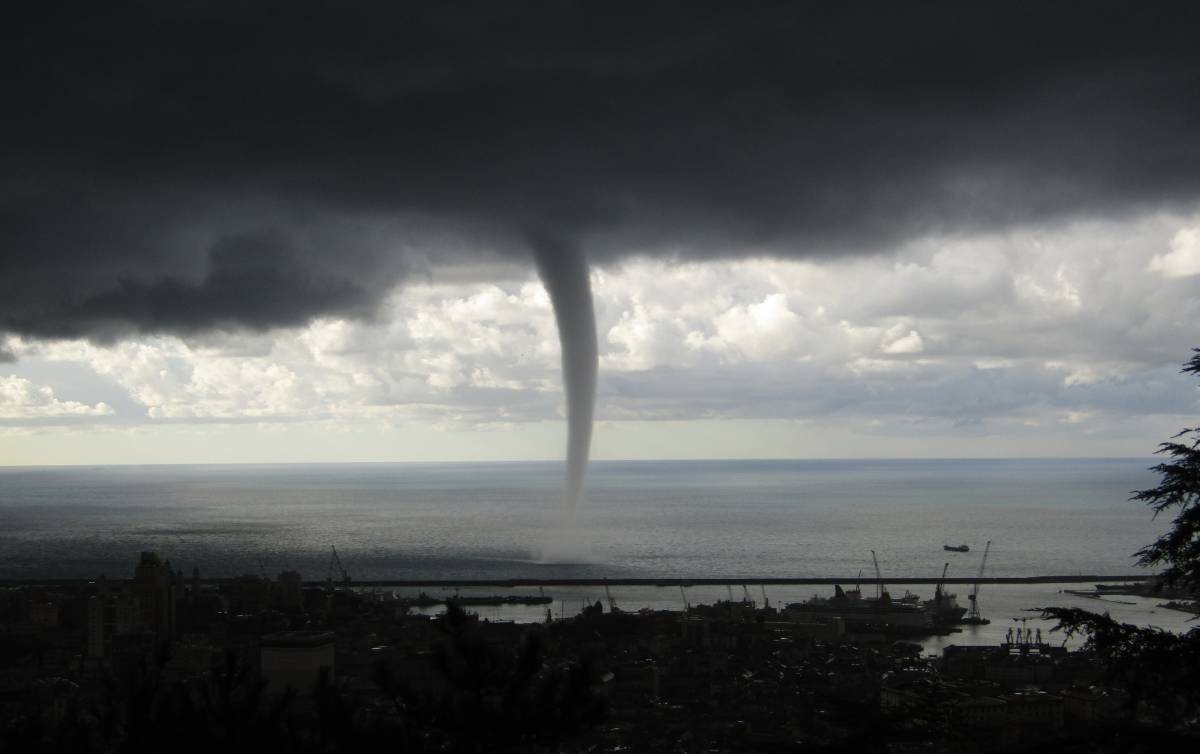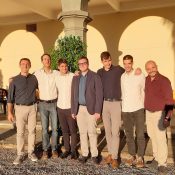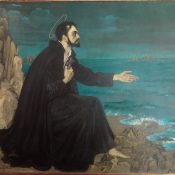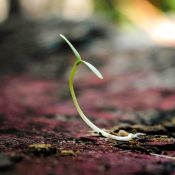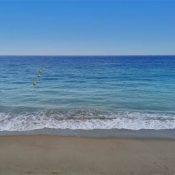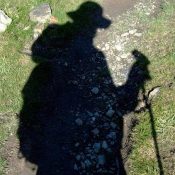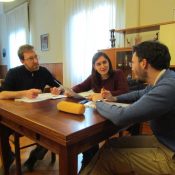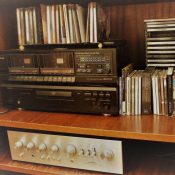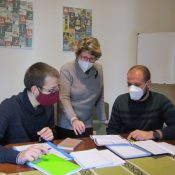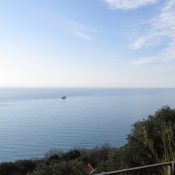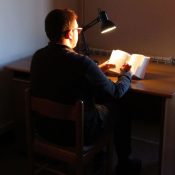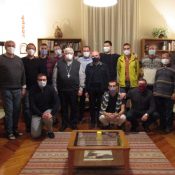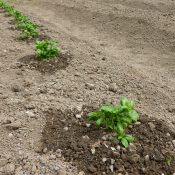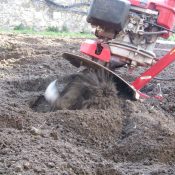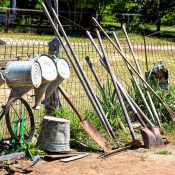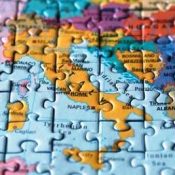Six months have passed since I entered the novitiate. From my window I still look with
pleasure and gratitude at the sea. Often I become a spectator of lights and colors spread
on the water by the sun rays. But I look at the sea and the port of Genoa differently than
half a year ago. Things read in the novitiate have entered my memory and have changed
the way I see.
For St. Ignatius the sea in front of Genoa offered great hardship: When in 1524 he took a
ship from Genoa to Barcelona “he ran a serious danger of being caught” (Autobiography
53). There was a war between the Spaniards and the French, and his Spanish ship was
haunted by ships serving France. On his way to Genoa on a ship from Valencia in 1535,
he ran into a storm, and the rudder broke and the passengers thought that “death could
not have been escaped” (Autobiography 33).
Saint José Pignatelli arrived at the port of Genoa in 1768 with 2,500 Spanish
Jesuits expelled from Spain, after a year as refugees in Corsica. For a week they waited
on board the ships without permission to disembark and with great trials. At some point
one of the ships was about to wreck, and they had to abandon it and crowd together on
the other ships. In those days, people came from the novitiate of Genoa with food and
clothes to help the refugees who were suffering.
These facts strike me because they happened beneath my window. They come into my
mind as I watch the ocean. But not only the dramas of the past, also tragedies that happen
today present them self when I see the sea. The images of shipwrecked people, which
were once presented daily by the media, are still in my memory. It remains a mystery to
me that the progress that has increased our dominion over the sea does not prevent
thousands of people, even today, from experiencing moments of great danger on the sea.
Still in the Mediterranean, a little further south from here, many die in an attempt to find a
better future. Little is heard of it now, but it still happens.
What unites us on the sea is above all our fragility. In the midst of such a large and
powerful element, man needs help. We often do not lack the means to help.
I understand the fears that make us doubt how we will manage to welcome all those who
would like to come to Europe. There are problems that certainly need to be discussed and
resolved. But how can we allow our fear to stop ships that are willing to help shipwrecked
refugees? How is it possible that mankind with all the necessary tools to help prefers to
see people die in the middle of the sea?
I see the sea. Its beauty is still there, but it is mixed with a bit of sadness.
Daniel Nørgaard – first year novice
